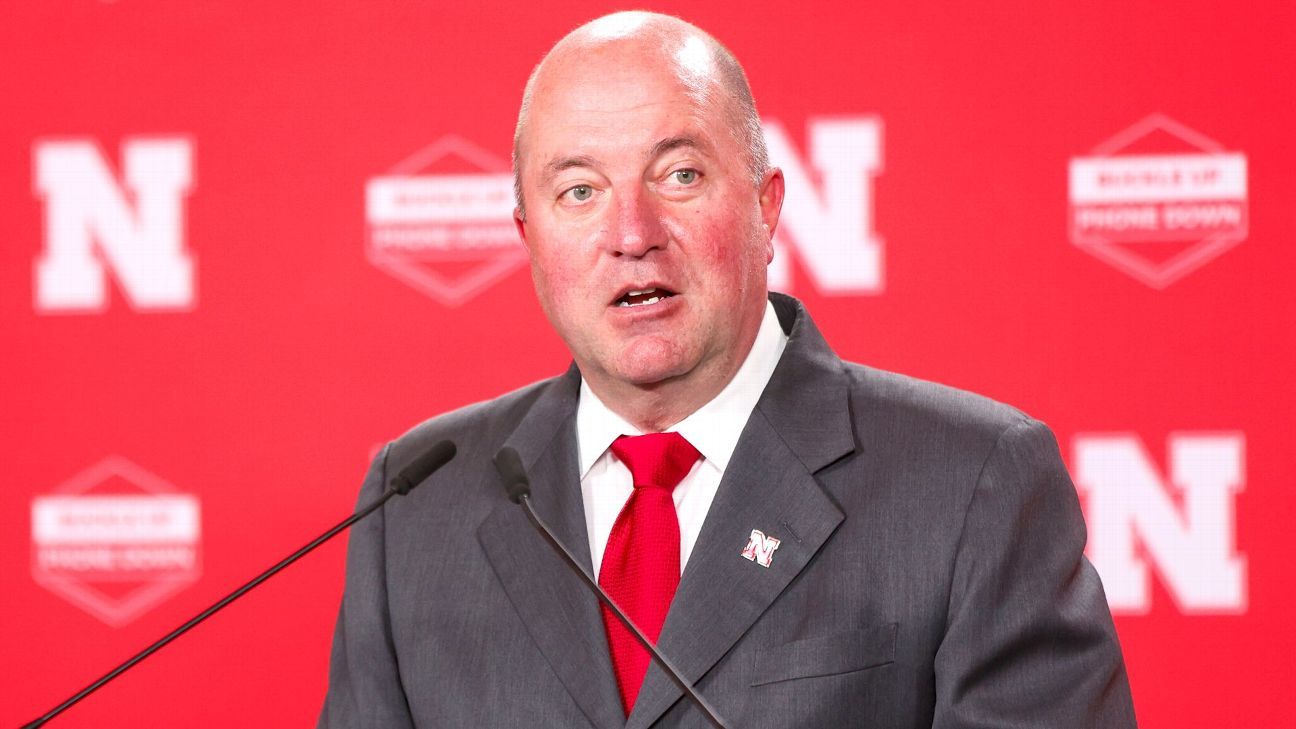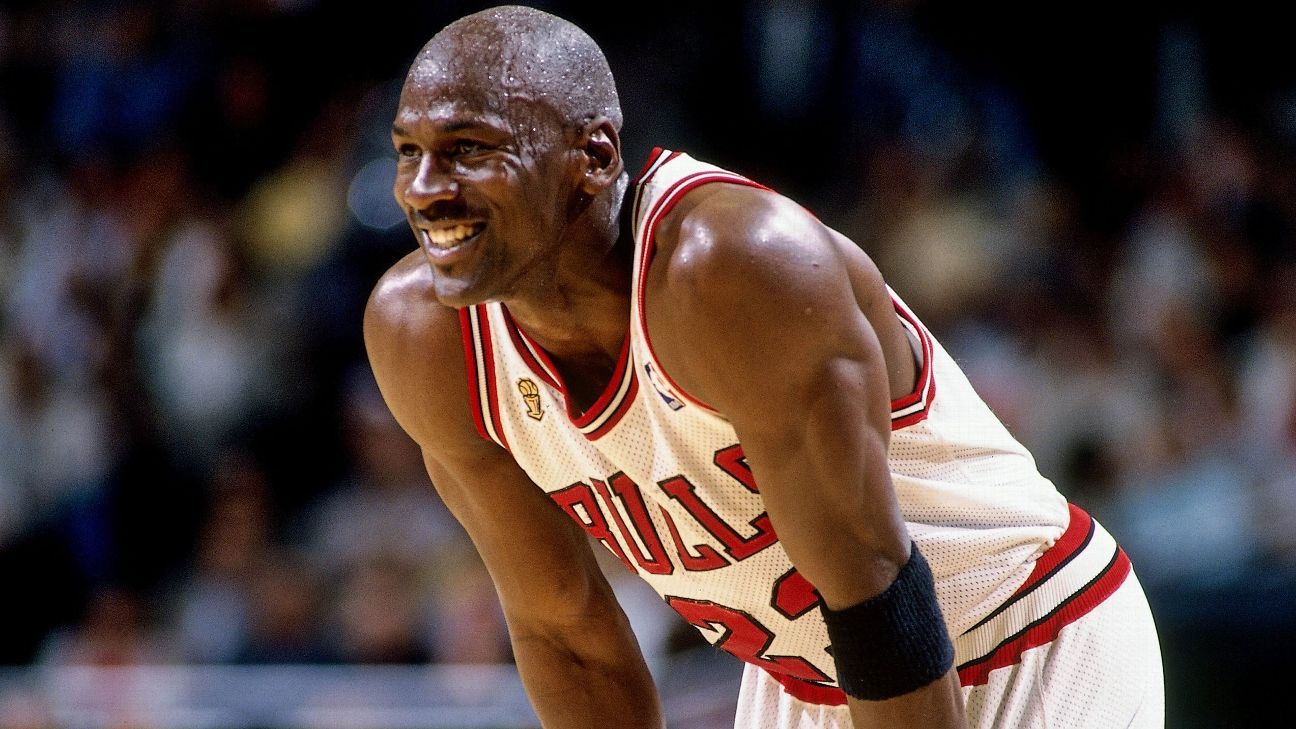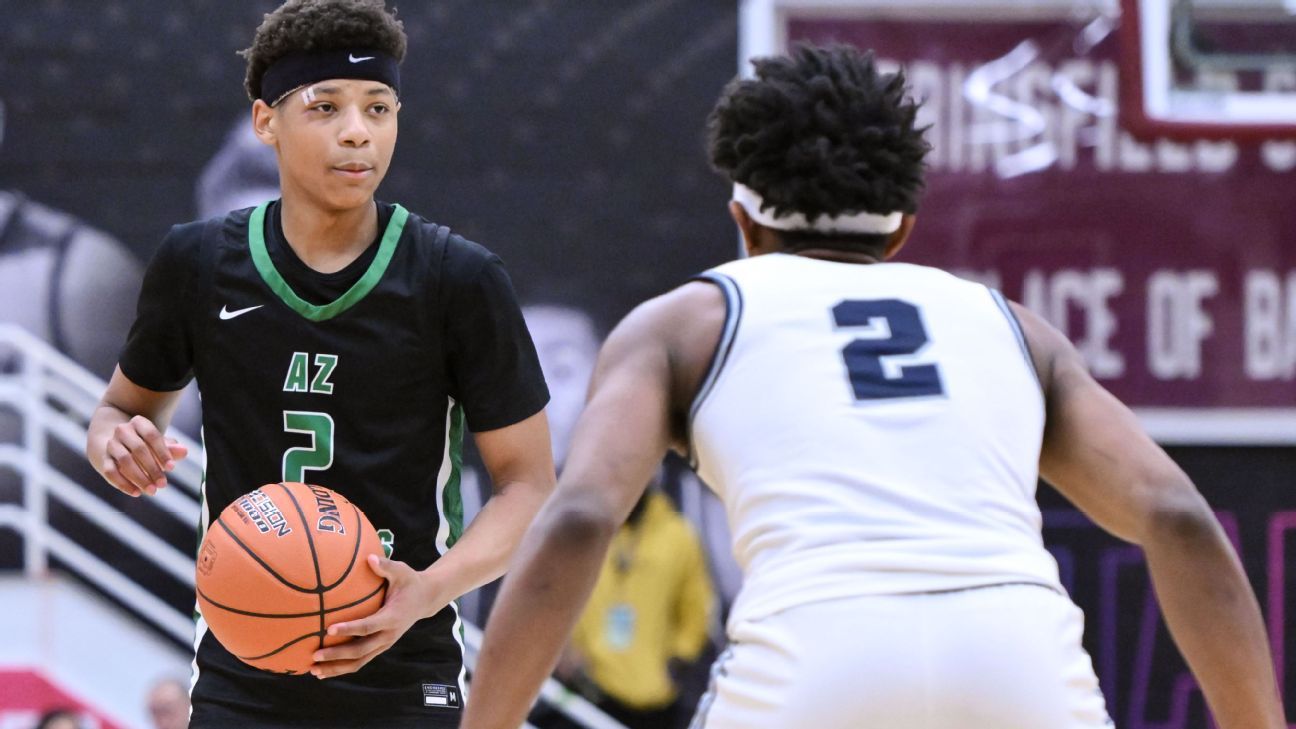Deshaun Watson’s contract with the Cleveland Browns is very simple but also unique. Signed in the spring of 2022 as part of the trade that sent Watson from Houston to Cleveland, the deal pays Watson $230 million over five years — exactly $46 million each year, fully guaranteed. There are no fancy roster bonuses or option bonuses. He received a $44.965 million signing bonus and a $1.035 million salary in 2022, and was scheduled to receive $46 million in salary in each of the 2023, 2024, 2025 and 2026 seasons.
As far as NFL contract structures go, it's one of the most basic out there. So it's worth explaining why the team would change it, as the Browns did Thursday by restructuring it for the second straight year and raising next year's salary cap to $72.935 million.
Last year, the Browns restructured Watson’s contract for salary-cap relief, converting all but $1.08 million into a signing bonus and adding a void year in 2027. Teams do this all the time because a signing bonus, even if paid in full up front, can be spread out over up to five years for salary-cap accounting purposes. So of the $44.92 million in 2023 salary the Browns converted into a signing bonus, they only have to account for one-fifth ($8.984 million) against their cap each year. That lowered Watson’s cap figure to $19.057 million in 2023 and raised his 2024, 2025 and 2026 figures to $63,774,678 (and added that “void year” where the cap figure is the remaining $8.984 million; otherwise they would have had to account for a quarter of the new signing bonus each year instead of a fifth).
That $63,774,678 would have been the highest cap figure in the league this season, so in some ways it wasn't a huge surprise to learn Thursday morning that the Browns had restructured Watson's deal. againconverting $44.79 million of Watson's salary into a signing bonus, adding another void year in 2028 and reducing his 2024 salary cap hit to $18,984,678.
Of course, as was the case last year, this has the effect of increasing his future cap numbers. As of now, Watson's cap numbers for 2025 and 2026 would be $72.935 million. And that's for a team that was already projected to be roughly $44 million over the cap in 2025!
So why do the Browns keep doing this? And aren't they going to take a hit for it with massive pay cuts down the road? Let's unpack this a bit and take a closer look at what it means for the team and Watson going forward.
THE ANSWER TO “Why?” he says, and it’s short-term relief from the salary cap. Thursday’s restructuring means the Browns now have more than $62 million in cap space for 2024, more than any other NFL team. (They already had more than $25 million in space before the move, too.)
The natural reaction to that is, “So what? Free agency was months ago. Why would a team need all that cap space?” Well, it's important to remember that cap space can roll over from year to year, so even if the team doesn't use any of that $62 million-plus this year, Cleveland can apply it next year when, as mentioned above, it's going to need it.
The reason for doing it now is that no team knows when they might need cap space. Having more than $62 million in cap space positions the Browns to do whatever they want this year in terms of acquiring players. Any player who is available in a trade, no matter how expensive, is someone the Browns now have the ability to acquire.
This is an extremely extreme example, but let’s say Bengals receiver Tee Higgins, Steelers defensive back TJ Watt, and 49ers offensive tackle Trent Williams all become available in trades. You’d need about $62 million in cap space to absorb those salaries if you wanted to trade for all three, and the Browns actually have that! No matter how unforeseen the situation is, they’ll be able to at least explore that possibility. It’s the ultimate short-term flexibility for a team with Super Bowl aspirations.
BUT WHAT'S HAPPENING? The future? Aren’t the Browns just putting off a potential problem and making it worse? Watson hasn’t played well for the Browns, starting 12 games in two seasons, completing fewer than 60% of his passes and throwing 14 touchdowns against nine interceptions. And if he plays poorly this season and Cleveland decides it wants to cut him moving on after 2024, the Browns would not only owe him another $92 million in guaranteed cash, but they would also incur an incomprehensible dead-money charge on the salary cap of $172.77 million.
To put that in perspective, that's more than the NFL's team salary cap in 2017. Even if the Browns designated him as a nonplaying player after June 1 and spread the hit over two seasons, they'd have a dead-money impact of $86.385 million in each. The most dead money a team has ever had to take on by releasing a player is the $85 million in cap space it cost the Broncos to release Russell Wilson last offseason.
So of course, when you put it like that, it sounds ridiculous.
But the Browns don’t see it that way. First, they hope and believe Watson will play better. They signed him to be their franchise quarterback long-term, he’s two weeks away from turning 29, and assuming he stays healthy, they believe the best is yet to come. In their perfect world, they’re considering extending his contract after the 2024 or 2025 season, and if they do, they can factor all those future salary-cap hits into the new deal with extra non-contract years and fun gadgets like that.
Second, the Browns and many other teams expect the NFL’s salary cap to keep rising. Maybe not as much per year as this year’s $30.6 million increase, but even if it rose by half that amount each year, the cap would hit $300 million as early as 2027 and approach $350 million in 2030. The amount of dead money that teams find acceptable will only increase with it. A few years ago, an $85 million increase in dead money would have sounded impossible — a franchise-type figure. But as long as Bo Nix can play, the Broncos will be over it in a year or two and finish just fine.
So yes, the worst-case scenario is that the Browns end up having to part ways with Watson at the end of the contract or even sooner. If that happens, they'll have bigger problems than dead money. At that point, there will likely be different people in charge of making the decisions about who to pay and how much to spend. And because of that, worst-case scenarios aren't something the current front office is thinking too much about.
Let's be clear. We’re not likely to think of the price the Browns paid to acquire Watson (in terms of trade assets and the contract itself) as a good decision. Even if we ignore the off-field behavior that led to him being suspended for the first 11 games of his first season in Cleveland (he was accused by more than two dozen women of sexual misconduct during massage sessions), granting a veteran quarterback a five-year contract in a market where all of his competitors refuse to do the same is an excessive payout. This is not a defense of that decision.
But there is reasoning behind the math of this restructuring. The bottom line is that if Watson plays well, the Browns will be fine because they can extend his contract. And if he doesn’t, they’ll still be in a reset situation, like the Broncos right now … but in a universe where the salary cap is much higher. Teams jump through all kinds of financial and accounting hoops these days to pay quarterbacks what they cost now. The Browns’ hurdles aren’t impossible to overcome. They’re just a little different than the rest.











